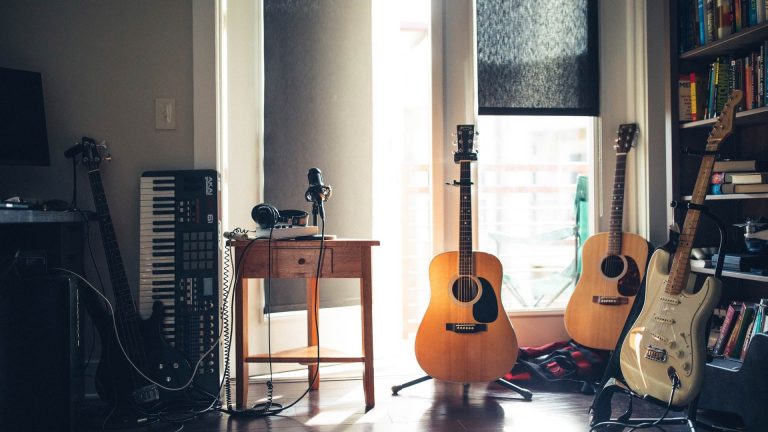The number of young people who play instruments and want to become better is high, while the number of good musicians is low. That adds up to a seller’s market.
PROS:
- If you have your own instrument, the start-up costs can be very low.
- Finding customers should not be very difficult.
CONS:
- You may have to either travel a lot to people’s homes, or if you teach in your own home you need to have a quiet room, plus you may need a Certificate of Occupancy (or some other form of government permission).
- You need to be a good musician; you cannot teach if you’re not already skilled,
How to get started:
NOTE: Before you start your business, you should read the page on this website entitled “things to think about before you start a business.” After you have taken the preliminary steps for starting any business, you can take the specific steps outlined below.
More than half of American households have someone who plays an instrument, according to the Gallup Organization (a public survey company). About a third of them were children (under 17) and a very tiny percentage of those children plan to become professional musicians.
Parents see learning an instrument as a way to sharpen other skills (a view backed up by experts) – or just as something useful for children to do. But not all parents see the necessity to (or can afford to) spend huge sums of money hiring professional musicians to teach their kids. They would be happy to hire a young teacher who teaches as a sideline and doesn’t charge much.
If you can play a musical instrument well, there is a market for your skills. How good you are will determine who your market is, but you don’t have to be a virtuoso to be good enough for most young students – just good enough that you can make them substantially better.
If you’re a good musician, chances are someone has asked you occasionally, “Can you teach me to play?” If all you want to do is show friends how to play a few tunes every once in awhile, that’s OK. But if you want to turn your skill into a money-making venture, you have to get organized.
If you have formal training and can read (and teach people how to read) music, that is a big plus. But there are plenty of successful music teachers who are self-taught. And your student may not necessarily want to go through the trouble of learning to read music, at least not in an in-depth way.
Music teacher Lauren Bateman says that one of the biggest mistakes music teachers make is failing to ask students and parents how far they want to take the music lessons. Many kids don’t expect to play for more than a year or two and may not want to invest a lot of time and money into learning.
After you have determined what level of student you want to teach, you have to decide where you are going to teach. Teaching in your own home may be the best option; otherwise you will spend too much time travelling. (Not to mention the fact that you probably will need a vehicle if you plan to give lessons in customers’ homes.)
Of course, if you do teach in your own home, at a minimum you will need a room where you will not be bothered my fighting siblings, barking dogs or any other distractions. And, since you will be starting a business in your home, you need to research the rules in your town governing home businesses – you may need a Certificate of Occupancy or some other form of government permission.
You will need a website before you get started. Many low-cost and free services exist that can help you create professional-looking websites (e.g. Wix, WordPress or GoDaddy). For a music teacher, you will want to make sure you add a sampling of your musical ability, so be sure to find a website-building platform that allows audio uploads.
Before you start, also be sure to establish payment terms and cancellation policies (and put them on your website) or else you may find yourself in a dispute over pay without clear rules. The Music Teachers Helper website mentioned above also gives guidance on setting such policies.
Also, you should have the sheet music for anything that you plan to teach. (Generally, students are expected to buy their own music, but you must let them know in advance which music to purchase.)
How much to charge:
The better you are, the more you can charge, but $30/hour is considered low by most music teachers. You might want to charge an introductory rate of $25/hour for the first three months to get customers and build up your customer base, then raising it by $5 to $25/hour depending on your skill level.
Take it to the next level:
If you want to turn your music-teaching business into a steady source of income, consider offering lessons for a monthly charge. Offer a discount on your hourly rate – for example, if you give one lesson a week at $30/hour, your student is spending $120/month. Offer your services for $100/month if they sign a one-year contract.
Take it online:
The pandemic does not necessarily have to ruin your music teaching business. It is possible to do it online.
You can pick one or a combination of several choices for sharing your talents with others.
- Create online course(s)
You can sell video courses teaching music online using teaching sites such as Skillshare or Udemy. (Want to compare the two? Here’s a helpful post.) One awesome advantage? Usually, you only have to film your course videos once and you can then sell your course again and again.
Sharing your musical talent on YouTube is a longer-term strategy. One of your first goals should be getting as many viewers as possible to watch your videos and subscribe to your channel. Use this time to provide music lessons and discuss related topics that YouTube viewers are already searching for.
You can also put in the description of your videos, affiliate links to musical instruments, accessories and/or other music-related equipment or services to start earning some money. Be sure to only include brands you use or trust.
After you have a good-sized YouTube following, you can consider earning money from YouTube ads.
- Use Zoom or Skype lessons
One great thing about using Zoom, Skype, or any other video chat service is that you can provide music lessons to students who live near or far away from you.
Sound, viewing and internet connection quality are important with all forms of online teaching. Keep in mind these three factors are particularly important on video chat services, which can be more sensitive to any changes to your own or your student’s internet connection.








